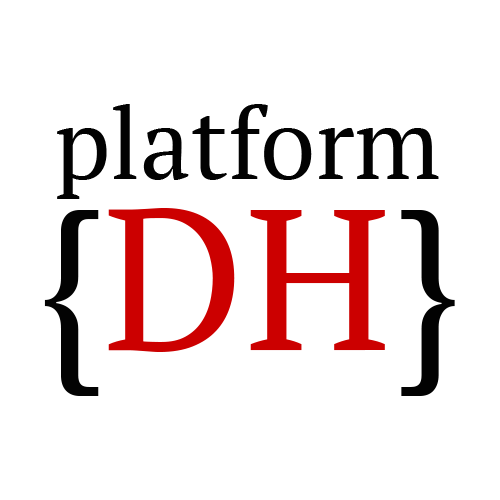Antwerp DH Summer School 2018: Processing and Analysing Images
UAntwerp City Campus Prinsstraat 13, Antwerp, BelgiumThis summer school offers an in-depth and hands-on curriculum to familiarise novice (digital) humanists with the state-of-the-art technologies that are nowadays available to researchers who take an active interest in ‘pixel-based’ artifacts in the Humanities. Topics for the summer school will include technologies such as XML, IIIF and Handwritten Text Recognition.




